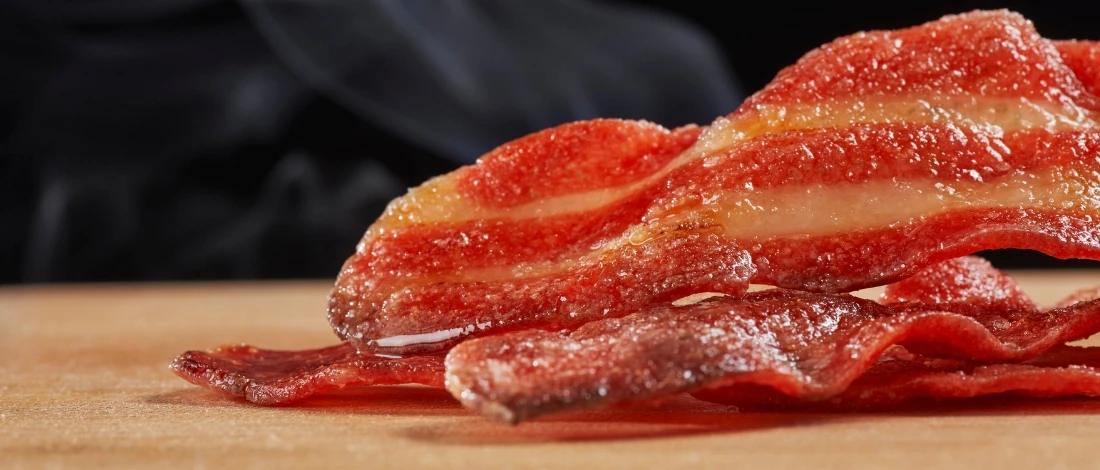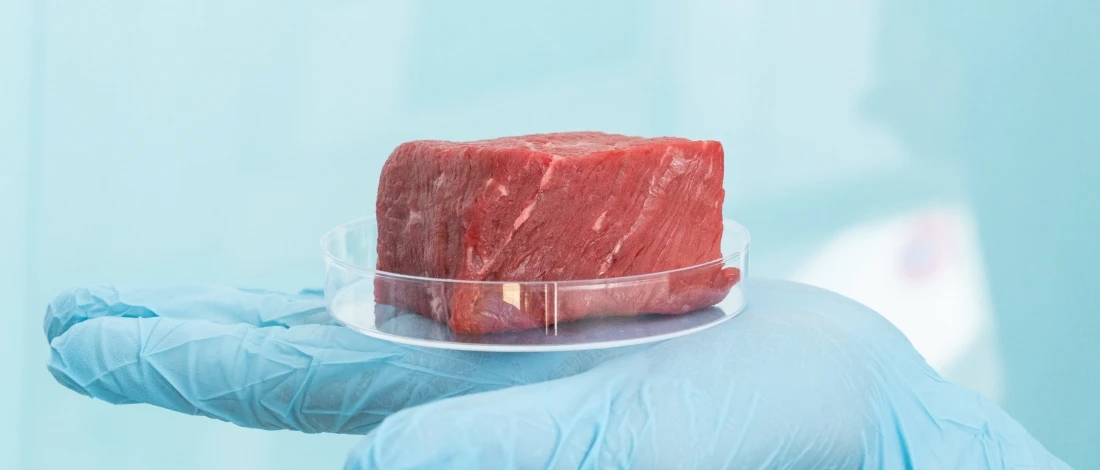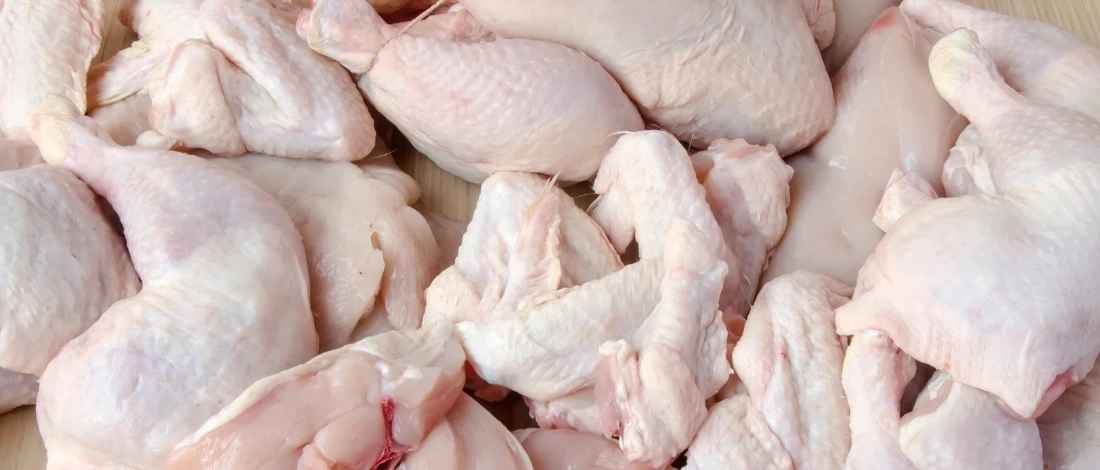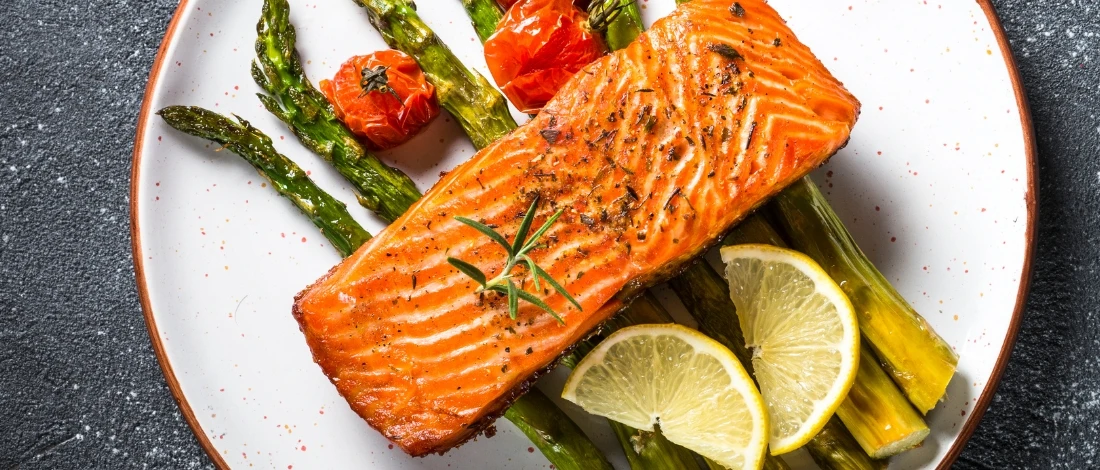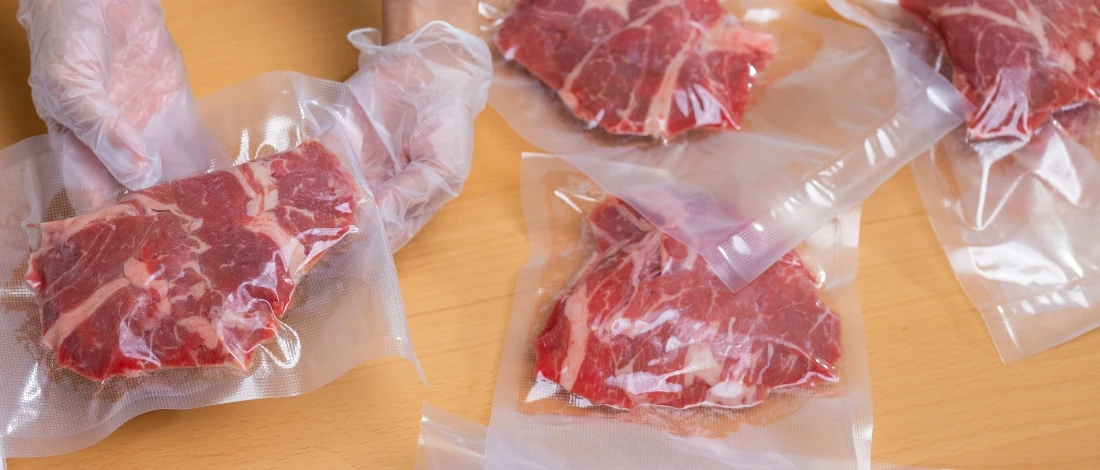Hong Kong Embraces Cultivated Meat: A New Era for Sustainable Dining
Hong Kong has cemented its position as a trailblazer in the global food innovation space by becoming the third market to approve the sale of cultivated meat.
Two revolutionary products, cultivated Japanese quail, are now available at The Aubrey bar in the Mandarin Oriental Hotel, thanks to Australian food-tech startup Vow.
This marks a significant milestone, joining Singapore and the United States in the race for a sustainable and ethical alternative to conventional meat.
A Step Toward Sustainable Solutions
The production of cultivated meat represents a leap forward in sustainable food technology. Grown from animal cells in fermentation tanks, this method offers a dramatic reduction in environmental impact.
Peer-reviewed studies suggest that cultivated meat can cut greenhouse gas emissions by up to 92%, air pollution by 94%, and water usage by 66%, compared to traditional beef production.
This innovative approach aligns with Hong Kong’s growing focus on eco-friendly practices in the food and beverage sector.
Regulatory Progress in Hong Kong
Unlike mainland China, where cultivated meat lacks an established approval framework, Hong Kong operates independently in its food regulatory decisions.
Recent discussions indicate that China’s National Center for Food Safety Risk Assessment is working on developing its safety guidelines for cultivated meat, signaling potential future expansion into the mainland market.
For now, Vow’s products—sold under the “Forged” brand—showcase the possibilities of this emerging industry. The introduction of cultivated quail at The Aubrey is expected to attract diners seeking ethical and sustainable dining options without sacrificing quality or flavor.
The Global Implications of Cultivated Meat
As cultivated meat gains traction, other countries are observing its potential to revolutionize food systems. The UK, for example, has yet to authorize cultivated meat for human consumption but has approved its use in pet food.
Advocates, such as the Good Food Institute Europe, urge the UK government to modernize regulations and invest in infrastructure to avoid being left behind in this transformative market.
A Future Built on Collaboration and Innovation
Hong Kong’s adoption of cultivated meat underscores a broader movement toward alternative proteins as viable solutions to global food challenges.
With China investing heavily in the development of cultivated meat and alternative proteins, the region is poised to lead the charge in redefining sustainable agriculture.
As the market evolves, cultivated meat stands as a beacon of innovation, offering a glimpse into a future where ethical dining meets environmental stewardship.
Dive into the future of food innovation—visit our homepage to learn more about cultivated meats and their impact on sustainable dining.


